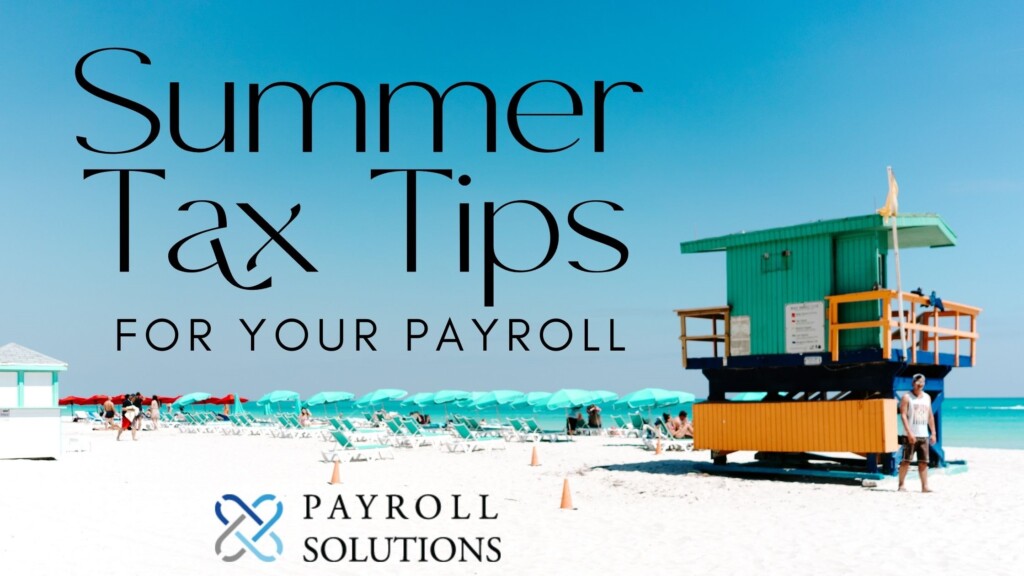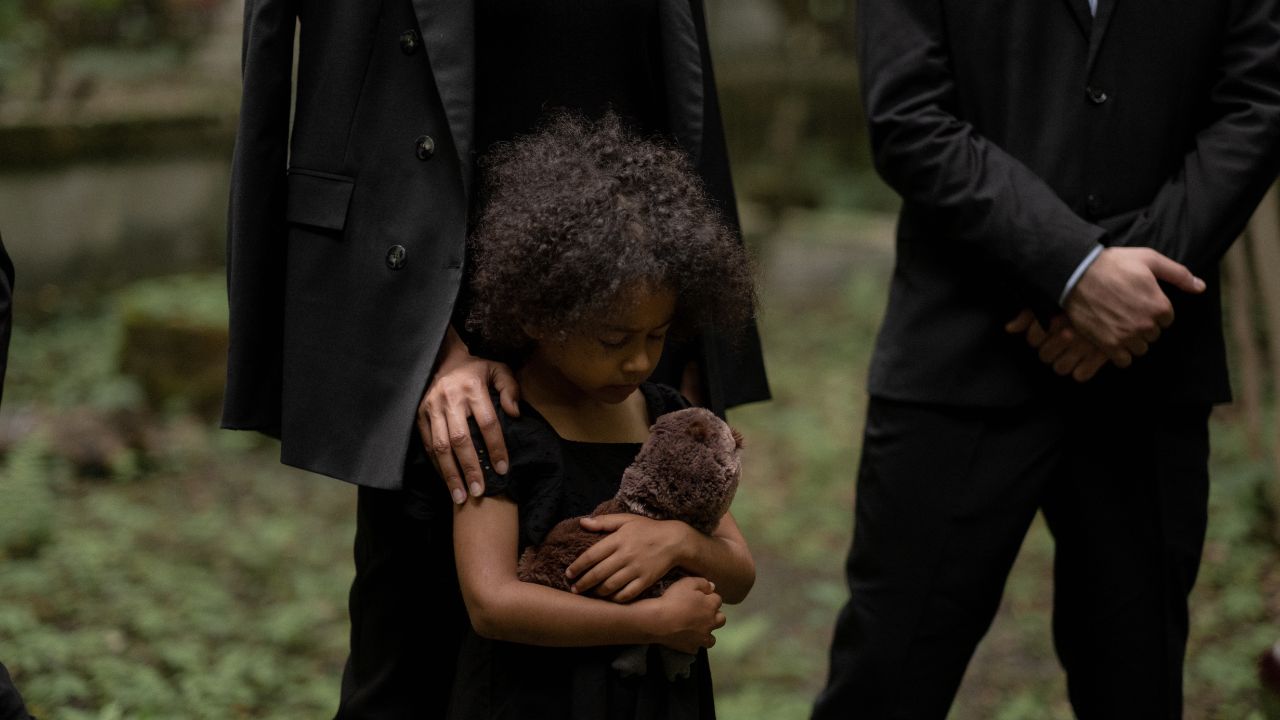Summer Tax Tips for Your Payroll:
The spring college semester is coming to a close and summer break is upon its heels. Seasonal workers and interns should be pouring themselves out of bookwork and into the workplace.
Youth Employment
When it comes to youth employment, the FLSA sets the minimum age at 14 years old and limits the number of hours worked, until they are 16. Keeping that in mind, typically, work that is declared hazardous by the U.S. Secretary of Labor is prohibited for minors. States also impose their own laws relating to employment so please reference them to see if your state and FLSA overlap. The law that is more protective of the minor would apply.
Seasonal Employment
When it comes to seasonal employees in certain industries, the FLSA is different. An example of this is that if an employee works in an “amusement or recreational establishment, organized camp, or religious or non-profit educational conference center”, they are exempt from the law’s requirements, so long as the employer: [1} does not operate for more than seven months in a calendar year and [2] during the previous year, the employer’s average receipts for any six months were not more than 33% of its average receipts for the other six months. The FLSA classifies amusement or recreational establishments as beaches, golf courses, swimming pools, stadiums, summer camps, and zoos (amongst others).
Interns
An intern for a non-profit can be classified by the “primary beneficiary test” that the U.S. Department of Labor uses to determine if they’re an employee for Fair Labor Standards Act (FLSA) purposes. This test is based on seven factors.
If you’re looking to stay compliant in your hiring and employment processes, reach out to Payroll Solutions. We’re here to make sure that you and your employees are in compliance with state and federal regulations.









